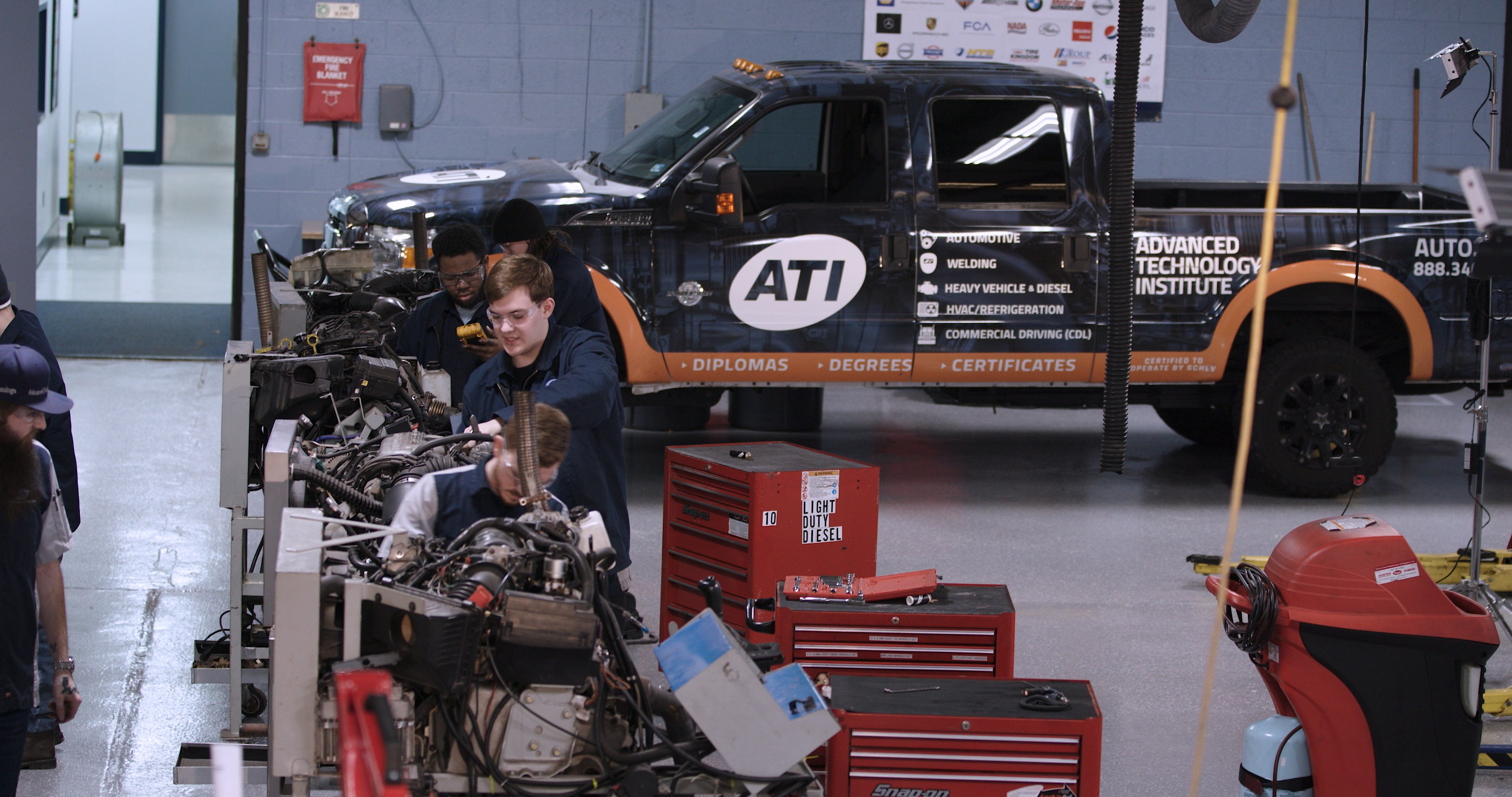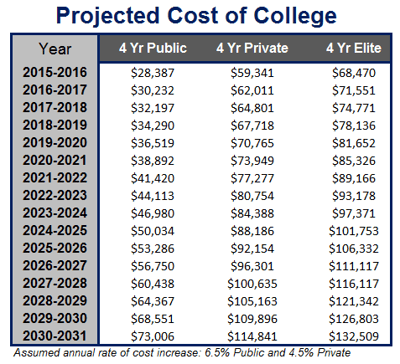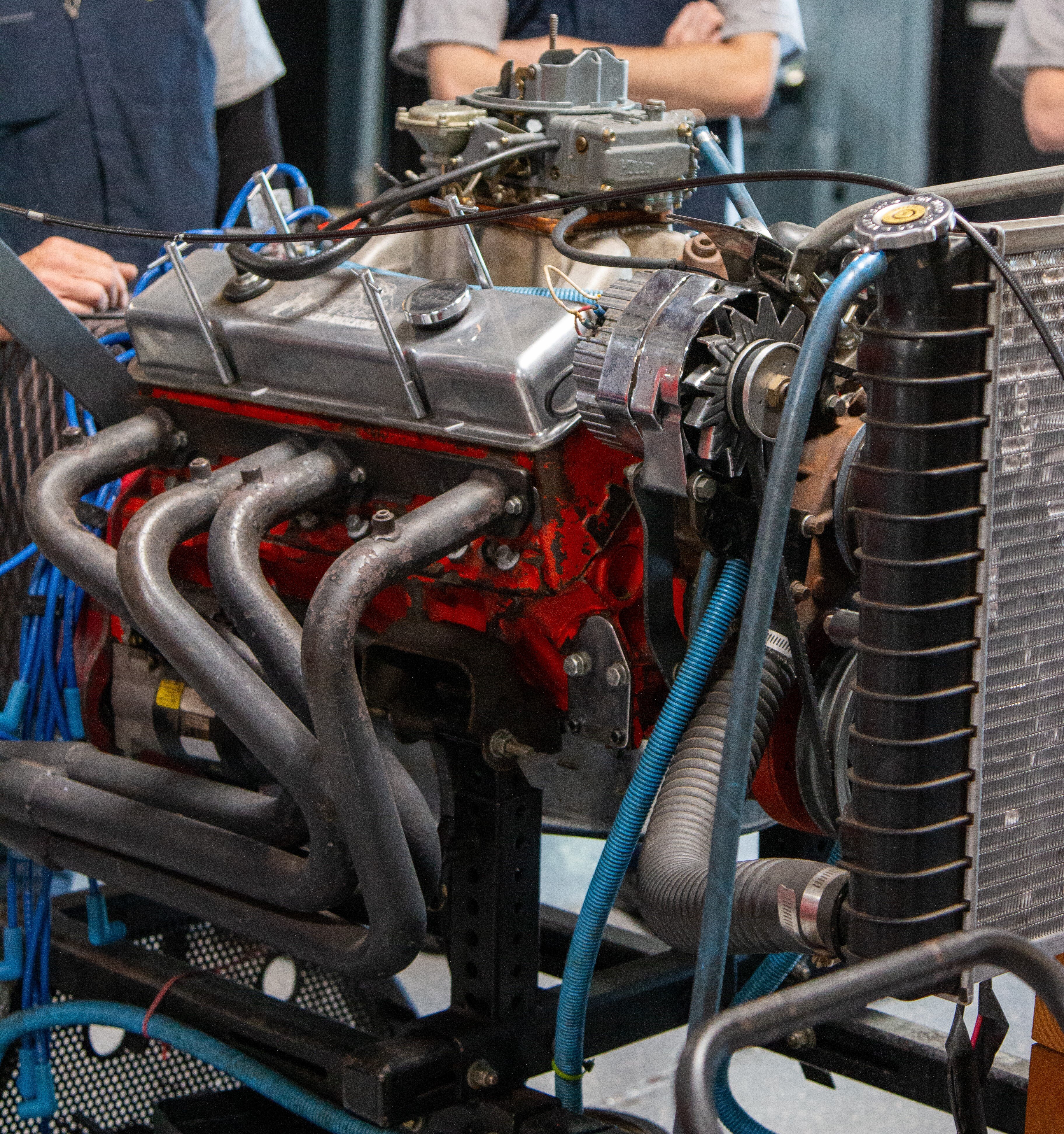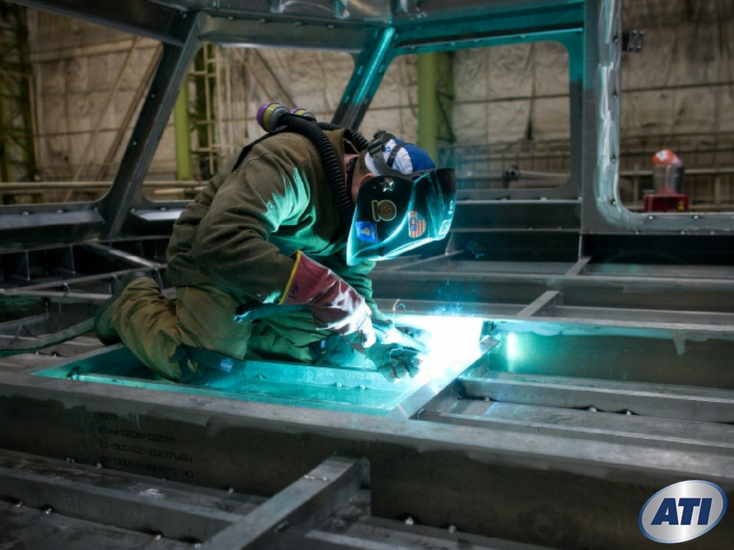Trade School vs. College: Which Should I Choose?

John Venn invented his Venn Diagram in 1880. The diagram is a classic organizing tool in which two items are compared, one existing in a left circle, another existing in a right circle, and their commonalities existing in the overlap. We can use it even in this computer-driven world to compare two ideas: attending trade school versus college. Each has its positives, of course, and both share similar qualities.
College Affordability vs. Earnings
The National Center for Education Statistics (NCES) tells us that young adults with undergraduate college degrees generally earn more than those who have either associate’s degrees or only high school diplomas:
- 2013 median earnings, bachelor’s degree—$48,500
- 2013 median earnings, high school or equivalent—$30,000
- 2013 median earnings, associate’s degree—$37,500
Of course, this line of thinking suggests that you should stay in school, racking up student loan debt, until you emerge with a PhD. You could make the case, since the NCES indicates adults with master’s degrees earned median income of $59,600 in 2013.
Affordability affects attendance. If you cannot afford the high costs of college, that master’s degree is elusive and meaningless. If you cannot afford to accrue student debt that will require decades of diligent payments to eradicate, college is not a realistic option. According to Debt.org, student loan debt in this nation has topped $1 trillion, and 2014 graduates carry an average of $33,000 to repay upon graduating. Simple calculations show how tight a budget a graduate must have to afford even modest repayments on an annual salary of $48,500. Student loan debt, too, never goes away, not even in bankruptcy in most cases.
Benefits of College
 For a student whose family can afford to provide the experience, college can be a valuable part of a young adult’s life. College degrees carry prestige, lifelong friendships, and entrée into excellent professional circles. Whether pursuing a liberal arts undergraduate education or working toward a science degree, today’s college student meets interesting professors, joins clubs and organizations and takes internships at innovative companies. With the right strategy in place to deal with the high cost of attending college—the national average cost of a four-year public school is now $112,000—a student can enjoyably pursue an undergraduate degree.
For a student whose family can afford to provide the experience, college can be a valuable part of a young adult’s life. College degrees carry prestige, lifelong friendships, and entrée into excellent professional circles. Whether pursuing a liberal arts undergraduate education or working toward a science degree, today’s college student meets interesting professors, joins clubs and organizations and takes internships at innovative companies. With the right strategy in place to deal with the high cost of attending college—the national average cost of a four-year public school is now $112,000—a student can enjoyably pursue an undergraduate degree.
Trade School: Specialties and Demand
Where college prepares a young adult for a largely cerebral career, a trade school provides thorough education in a trade that can provide excellent earnings for a lifetime, such as plumbing, automotive mechanics, or HVAC.
Trade schools fulfill a vital function, providing the services we depend on in a complex society. Cars break down. Furnaces stop working. Toilets clog. No amount of doctoral research is going to get your remodeled house wired for electricity, for example. We need people skilled in practical trades.
Benefits of Trade School
Trade school students usually complete their entire education in half the time college students do. This gives the trade school graduate a two-year head start on earnings and career advancement. This is only one of several benefits of trade school:
- Job Security—India and other countries have enjoyed our nation’s habit of outsourcing jobs to other lands; trades are never outsourced overseas, because you cannot send your car to the Far East for an oil change, nor can your toilet get packed up for a trip to Eastern Europe to get unclogged
- Educational Cost—The College Affordability and Transparency Center (CATC) shows automotive technology programs can cost as little as $1,902 or as much as $40,000; even the most expensive trade school’s program, though, can be a mere fraction of the cost of a college degree
.jpg?width=4096&height=2160&name=ATI-Welding-022720-%20(10).jpg)
What Trade School and College Have in Common
Trade schools and colleges struggle with drop-outs, and with students taking too long to graduate. If you drag out college an extra year by switching majors, dropping classes or failing a subject, you add huge amounts of debt. If you drop out, you have the debt but not the degree. In trade school, you may face long hours, demanding teachers, and challenging projects. Trade schools often have less of a campus-like atmosphere, requiring significant personal motivation.
With either education, you will likely get a job. Trade schools offer certifications in specific skills that are immediately marketable for entry-level work. From there, you take more coursework and pass specific exams for additional certifications, increasing your value. College graduates get hired, sure, but it’s also true that some do not end up working in their field of study, as they sometimes resort to taking any job in order to pay student loans.
I enjoyed my time here at ATI I learned a lot of good information from a lot of good people. The staff there is great and they really care about you the craft. I find that that’s the greatest way to go.
Posted by Josh Green on Friday, August 14, 2015
Make the Choice
By attending trade school at Advanced Technology Institute, you can choose from several trades, which could get you out into the workforce quickly, earning a good living while your college friends are still taking final exams. Contact ATI today to learn more. You can be started on the path to a great career in just a few weeks.
DISCLAIMER – Advanced Technology Institute (ATI) makes no claim, warranty or guarantee as to actual employability or earning potential to current, past or future students or graduates of any educational program offered. The Advanced Technology Institute website is published for informational purposes only. Every effort is made to ensure the accuracy of information contained on the AUTO.edu domain; however, no warranty of accuracy is made. No contractual rights, either expressed or implied, are created by its content.
For more information about Advanced Technology Institute or any of our programs click here: http://www.auto.edu/ or http://ow.ly/VoydP.
Industry Knowledge
Welcome to the Advanced Technology Institute's Blog, your resource for industry insights and discussions on technologies shaping the future of automotive, heavy vehicle, hvac, welding, and other related career paths.
Explore how ATI's curriculum and hands-on learning opportunities can propel your career in the tech-driven world.



